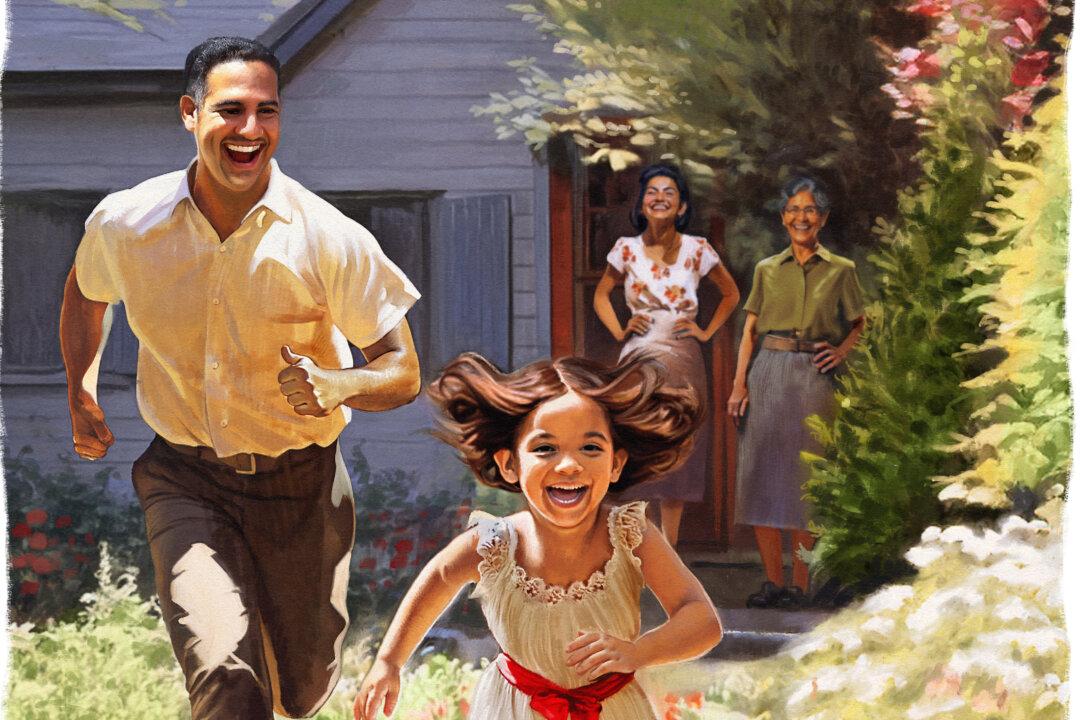The house, yard, and white picket fence have become symbols of the classic American dream. Yet it is the people beyond that fence who weave the threads of community that make for a strong American culture. And if we’re going to save American culture, we need to revive the neighborly relations that many of us may have neglected. Etiquette instructor Bethany Friske shares a few tips.

Cover Your Daily Deeds
Being a good neighbor starts with the little things: smiling and waving at others. Be respectful of your neighbor’s space and keep your own property tidy, because “taking ownership of what you have [shows] respect to other people,” Ms. Friske says. Make sure “you’re not a frustration in any way to a neighbor.”


Nip Gossip in the Bud
Some neighbors may like to stick their noses in other people’s business, leading to potentially awkward situations. If a neighbor shares “unnecessary gossip” about another neighbor with you, a gracious way to escape this scenario is to turn it around with a question, Ms. Friske says, such as, “Oh, is that from the source?” or “How can we help that person?”
Meet and Greet
Don’t know your neighbors? “Start a Bible study or a book study for your neighborhood,” Ms. Friske suggests, or host regular gatherings. Making your home and yard the neighborhood hub enables you to connect others, while also cultivating your own friendships.
Quiet Quarrels With Kindness
To avoid neighborly quarrels, communication is key. Let your neighbors know what to expect if you’re having a party bringing lots of traffic to the neighborhood. If the shoe is on the other foot and your neighbor’s music is too loud or his dog does his business in your yard, “talk to [him] personally before you go and call the association or the police,” Ms. Friske advises.When tempers flare, give your neighbor the benefit of the doubt. “Usually people who are angry—there’s a deeper issue, and it comes out on you,” Ms. Friske says. “A soft answer can often make a situation subside.” As an example, she cites her father, who, in a property line dispute, remained kind, kept calm, and suggested a surveyor. He also refrained from rubbing it in when his neighbor proved incorrect.








